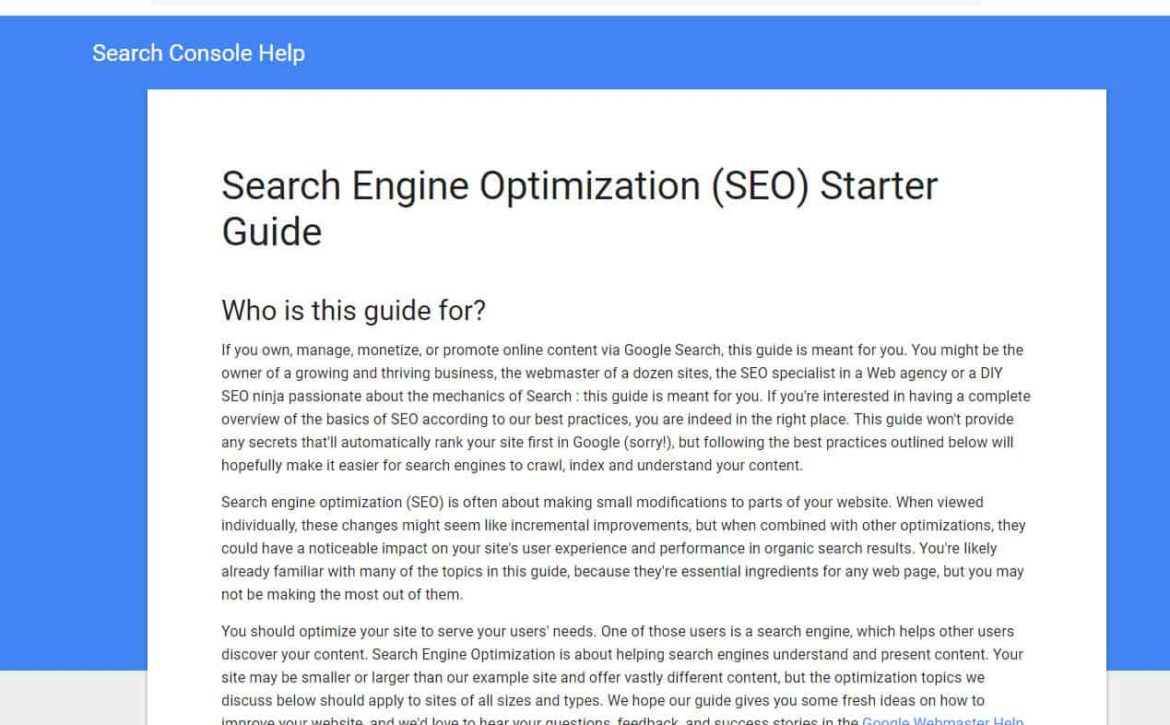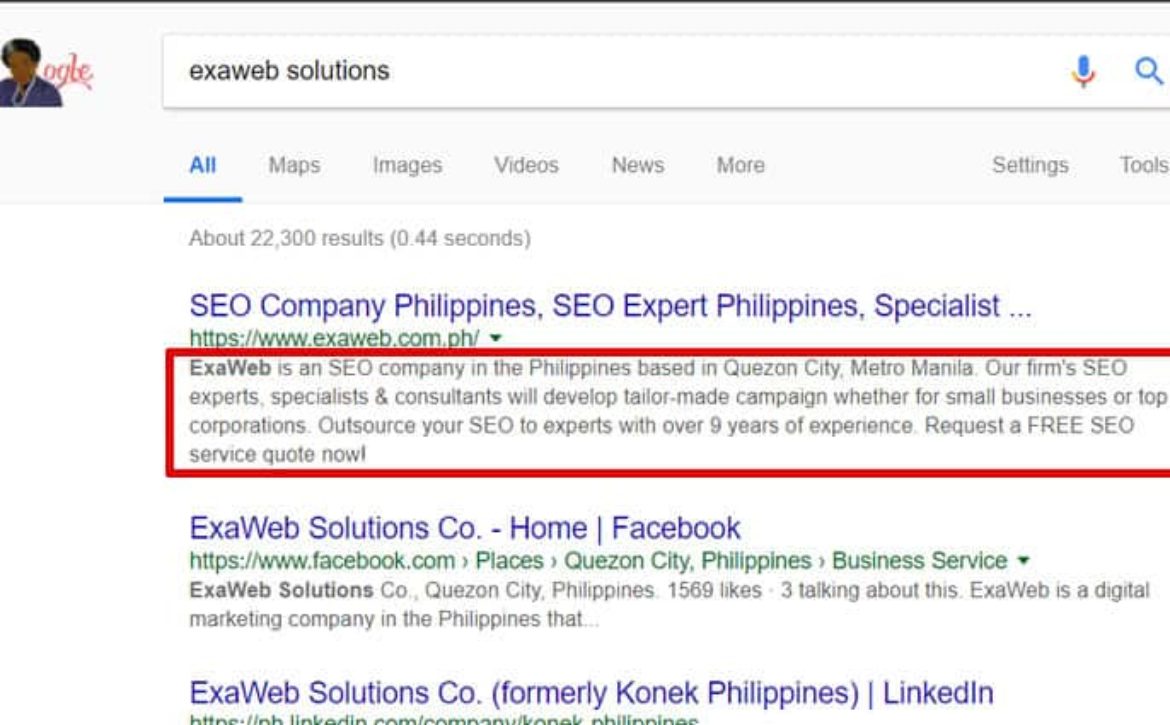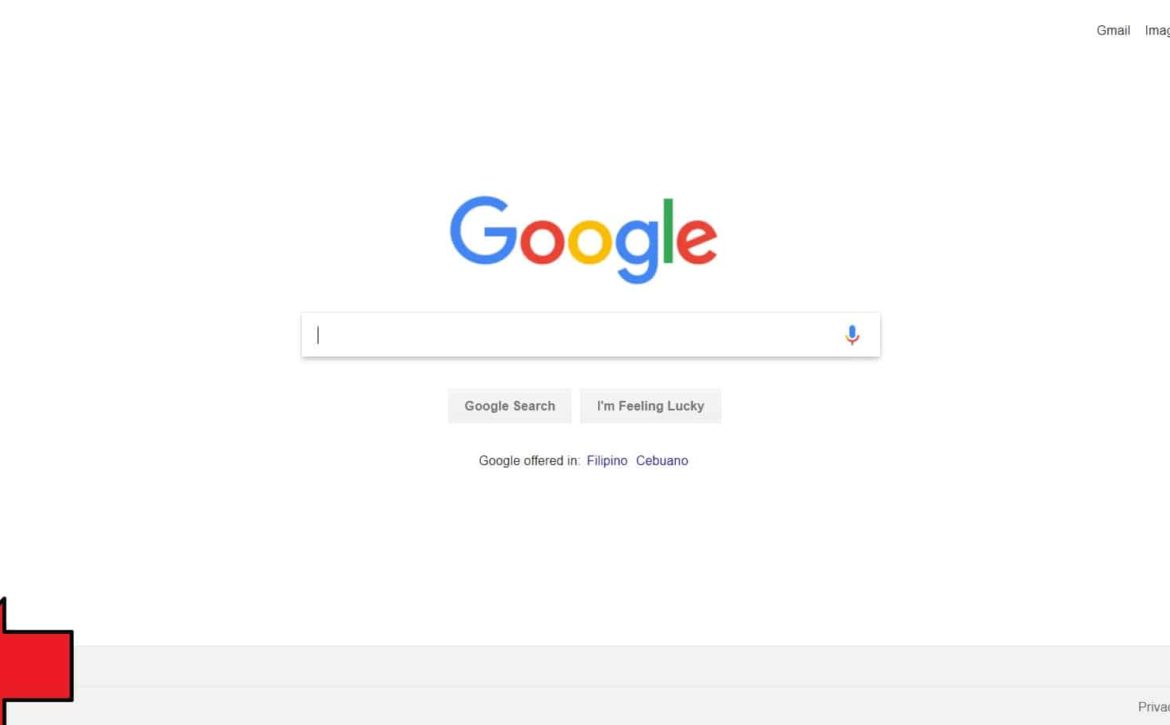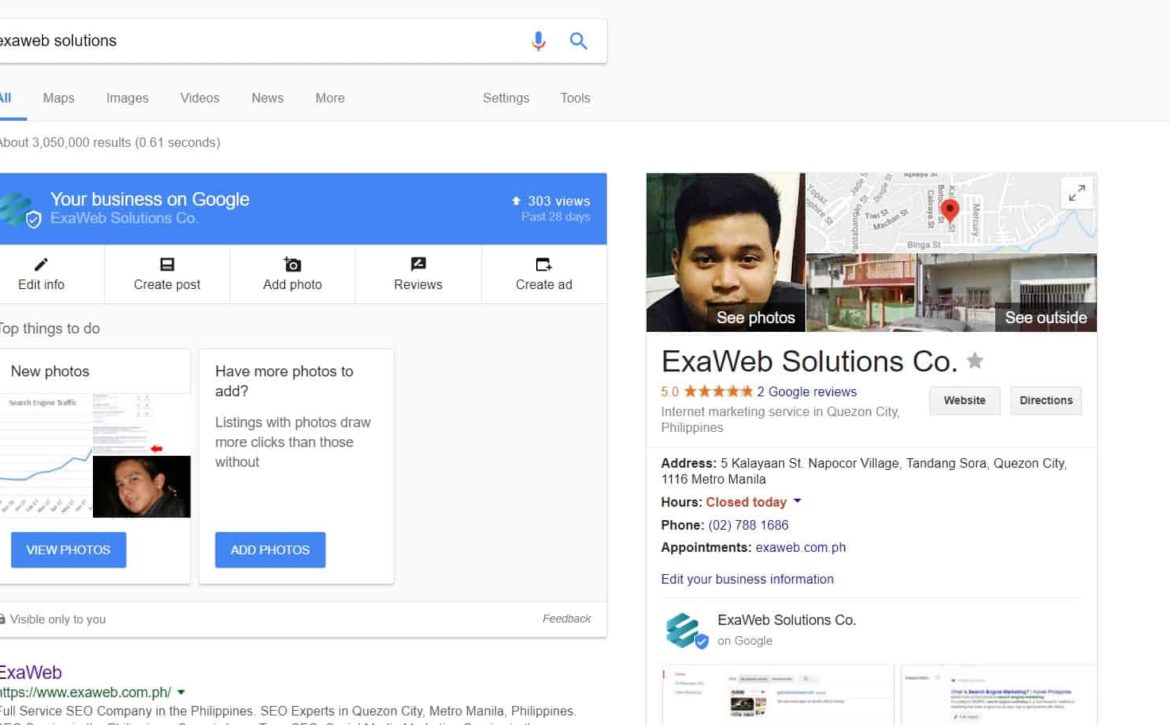Google Search Console Beta Adds 12+ Months of Data to Performance Reports
For some time now, the beta version of the Google Search Console has been underway. It’s a very powerful tool, which has become commonly used by search marketers in the industry. However, the latest news we are hearing about the Google Search Console beta is more historical performance data is coming into play. With over 12-months of performance data now included, analysis just got a little bit better. These 1-year worth of data being added will play a major role when looking at performance reports. While there are only minor changes in some respects, this extra level of attention to detail and analytical change should be important. This will help people to get more detail about their users’ search patterns. With more analysis than ever now needed to help get ahead of the competition, this change could be invaluable. It’s likely to make a major change to the search marketing industry, as more businesses become aware of the unique challenges that analysis will provide. Also, it’s interesting to see that we could access even more information. With the “Full Duration” section of the performance data, it’s expected users will be able to get in-depth and longer duration statistics. This new feature is one of the most exciting addition that Google has offered to those who crunches data and analysis. Getting details on website performance is important. This move to finally give webmasters a more long-term view of performance data can only be a good thing. While still in beta form and likely not to be fully rolled out for some time, this will make fundamental performance analysis so much easier. If you are looking to better understand your websites performance, keep an eye on this tool. It will be one of the most effective marketing tools that you can get your hands on. Not only will it help to see search trends, it will make adjusting to long-term trends much easier, rather than reacting to short-term changes and fluctuations. Source: Search Engine Roundtable









